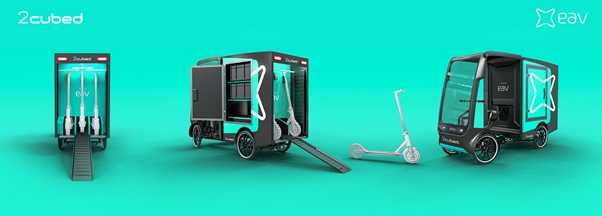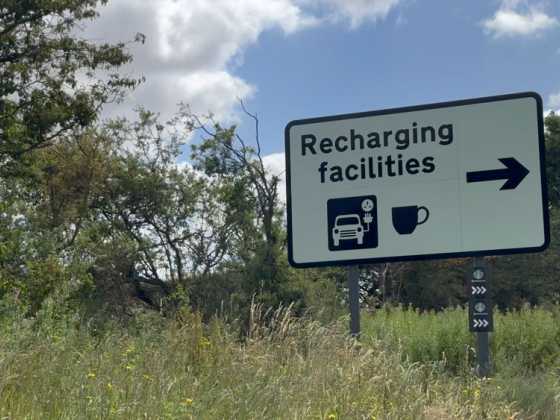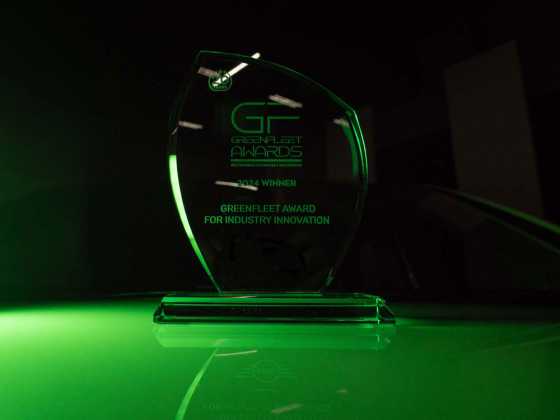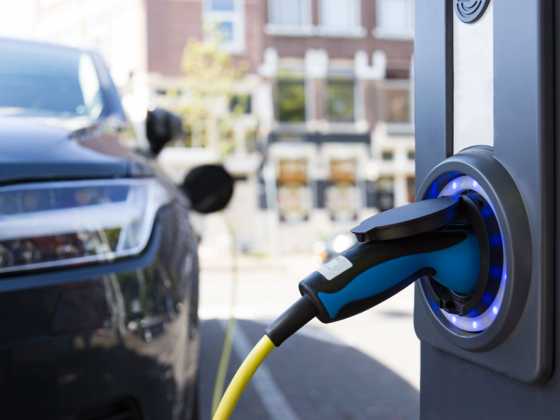E-scooter support vehicle developed by EAV and Spin

Electric Assisted Vehicles (EAV) have developed an e-scooter support vehicle, called EAV2charge, to help during a trial in Essex run by Spin - Ford Motor Company’s micromobility e-scooter rental unit.
Anthony Jackson, UK General Manager at Spin said: “We needed it to be able to carry spare batteries, tools, replacement parts and have space to recover or swap out our e-scooters. It had to be zero emissions, lightweight, easy to operate and as environmentally focused as possible. We’ve known EAV for some time and the 2Cubed was the logical choice, we just needed EAV to convert the rear pod for our specific purpose and that’s exactly what they’ve done with the 2Charge.”
“At the heart of EAV, we’re a product design, development and production company and this challenge from Ford and Spin fitted our capabilities perfectly.” continued Barmby. “The whole EAV2Cubed concept is designed down from a van, not up from a bike and that also applies to the rear box. We’re essentially an ultra-lightweight van so we were able to adapt the load space to Spin’s exact requirements. We see this project as supporting e-scooters and other forms of micro-mobility as it’s a future we both need and really believe in.
The first vehicles are currently in production and are due to be delivered to Essex in the coming weeks to support the current trial which is set to be gradually expanded by Spin and Basildon Council over the Summer.
EAV has developed the 2Charge as a generic unit which can be supplied to support any scooter rental agency worldwide although the rear compartment can be modified for specific purposes at a customer’s request.
“EAV is busy developing a completely new range of future vehicles to further enhance the enormous change for the better we’re already all experiencing in our towns and cities.” said Barmby. “Quieter, lighter, completely emissions free and delightfully anodyne – we’re all discovering a new range of vehicles which are far less threatening and intrusive than we’re all used to. The effect of that will be a huge reduction in road casualties as well as cleaner air and a much less stressful experience within the urban environment with absolutely no reduction in commercial efficiency. It’s simply a better future.”



